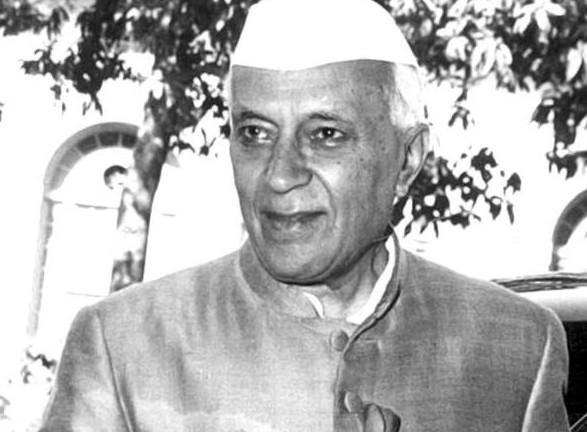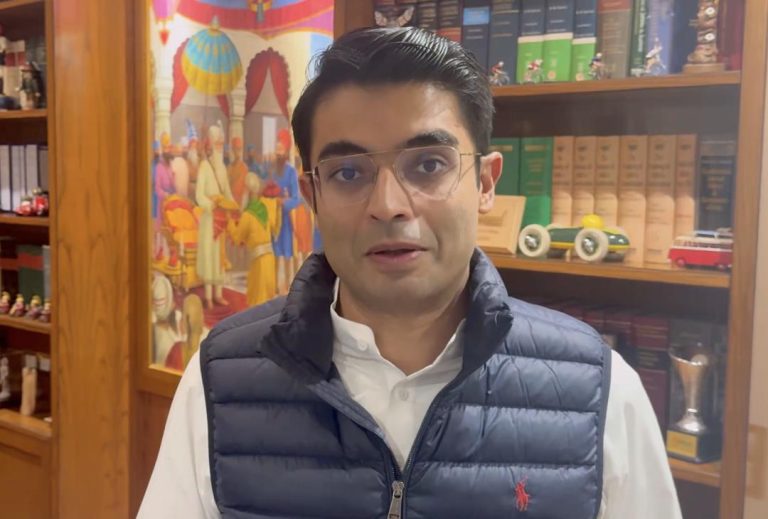
Petition Filed with the Ministry of I&B to Ban Udaipur Files
The controversy surrounding the upcoming film Udaipur Files has taken a new turn with the President of Jamiat Ulama-i-Hind, Arshad Madani, filing a petition with the Ministry of Information and Broadcasting (MIB) to ban the release of the film. According to Madani, the petition states that the film promotes hatred and may lead to communal tension in society.
Udaipur Files, a upcoming film starring Vijay Raaz, has been making headlines for all the wrong reasons. The film’s trailer was released recently, and it sparked off a heated debate on social media. Many people felt that the film’s content was offensive and promoted hatred against a particular community. The film’s director, Suraj Subramaniam, has been accused of making a film that is designed to incite hatred and violence.
The petition filed by Jamiat Ulama-i-Hind is the latest development in this controversy. The organization, which is a prominent Muslim body in India, has taken strong exception to the film’s content and has demanded that the government take immediate action to ban the film’s release.
In his tweet announcing the petition, Madani said, “The petition states that the film is based on hatred, may promote communal tension in society.” He also urged the government to take immediate action to ban the film’s release and prevent it from causing harm to the country’s social fabric.
The move by Jamiat Ulama-i-Hind has sparked off a heated debate on social media, with many people supporting the organization’s demand to ban the film. Many have argued that the film’s content is offensive and promotes hatred against a particular community, and that it has the potential to cause harm to the country’s social fabric.
On the other hand, there are those who have defended the film, saying that it is a work of fiction and that people should not take it seriously. They have also argued that the film’s content is not intended to promote hatred or violence, but rather to highlight the importance of tolerance and understanding.
However, the controversy surrounding Udaipur Files has raised important questions about the role of the government in regulating the content of films. Should the government have the power to ban a film if it is deemed to be offensive or harmful? Or should it be left to the audience to decide what they want to watch?
In India, the government has the power to ban a film under the Cinematograph Act, 1952. However, the decision to ban a film is not taken lightly, and it requires a thorough review of the film’s content. The government also has to ensure that the ban does not infringe upon the freedom of speech and expression guaranteed by the Constitution.
In the case of Udaipur Files, the controversy surrounding the film has raised important questions about the role of the government in regulating the content of films. While the government has the power to ban a film, it also has a responsibility to ensure that the ban does not infringe upon the freedom of speech and expression.
In conclusion, the petition filed by Jamiat Ulama-i-Hind to ban the release of Udaipur Files is a significant development in the controversy surrounding the film. The organization has taken strong exception to the film’s content and has demanded that the government take immediate action to ban the film’s release. The controversy has raised important questions about the role of the government in regulating the content of films, and whether it should have the power to ban a film if it is deemed to be offensive or harmful.
Source:





